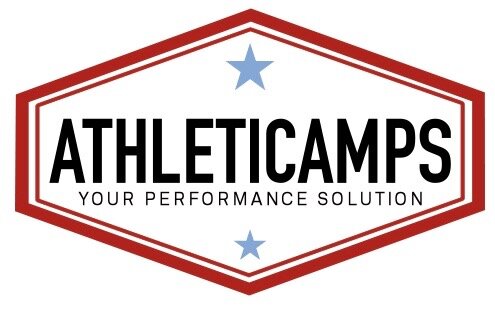Welcome to the "Keep it Simple Newsletter". With an unbelievable amount of information bombarding us from every direction these days, the goal of this weekly newsletter is to present a simple common sense tip that can be applied to your daily cycling.
Ride safe, strong and be healthy!
Coach and Athlete Responsibilities
To be successful in an endurance coaching program, both the athlete and coach need to work together and communicate effectively. Here are some key requirements for both parties:
Athlete:
Commitment: The athlete must be committed to the training plan and willing to put in the time and effort required to achieve their goals.
Communication: The athlete should communicate openly and honestly with their coach about their progress, concerns, and any issues they are facing. They should also communicated about their goals and what specifically they are trying to achieve in their sport.
Feedback: The athlete should provide feedback to their coach on how the training plan is working for them and any adjustments they need.
Consistency: The athlete should be consistent with their training, nutrition, and recovery strategies to achieve their goals.
Coach:
Expertise: The coach should have a thorough knowledge of cycling training, nutrition, and recovery strategies.
Communication: The coach should communicate effectively with the athlete and be available for questions or concerns.
Personalization: The coach should tailor the training plan to the athlete's specific needs, goals, and abilities.
Flexibility: The coach should be willing to adjust the training plan as needed based on the athlete's feedback and progress.
In addition, both the athlete and coach should have a positive and respectful relationship, trust each other, and work together towards achieving the athlete's goals. With commitment, communication, expertise, and personalization, a cycling coaching program can be highly effective for improving performance and achieving cycling goals.





